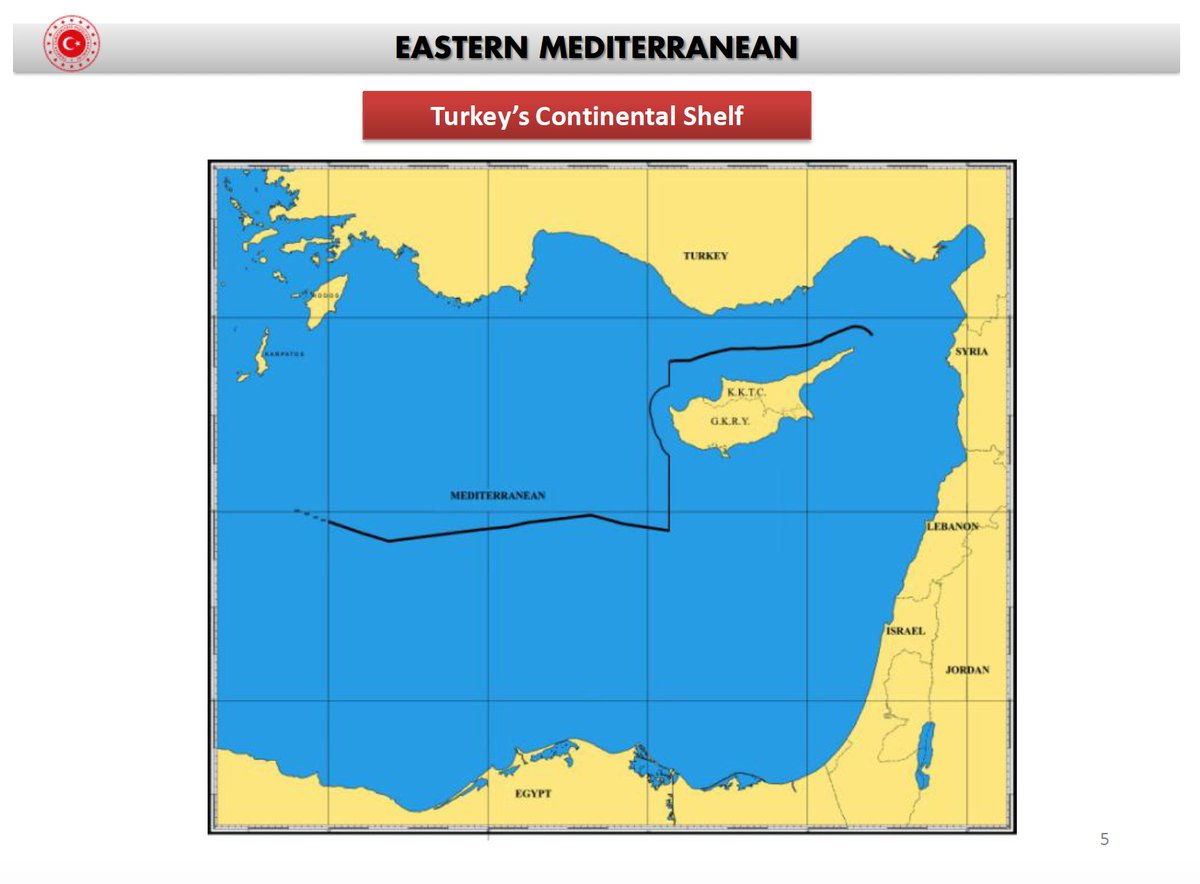
For years, I distrusted sidewalks. I grew up in Athens, where sidewalks are cramped, cracked, or just missing. I learned to walk on the street, something I had to “un-learn” after moving overseas. But I spent time in Athens recently, and it all came back. A thread—on sidewalks.
First rule: sidewalks are *not* for pedestrians. They function chiefly as overflow parking. If there is enough space on the sidewalk, a car or motorcycle will appear. Vehicles win—every time. (Photos taken around Alimos and Palaio Faliro.) 
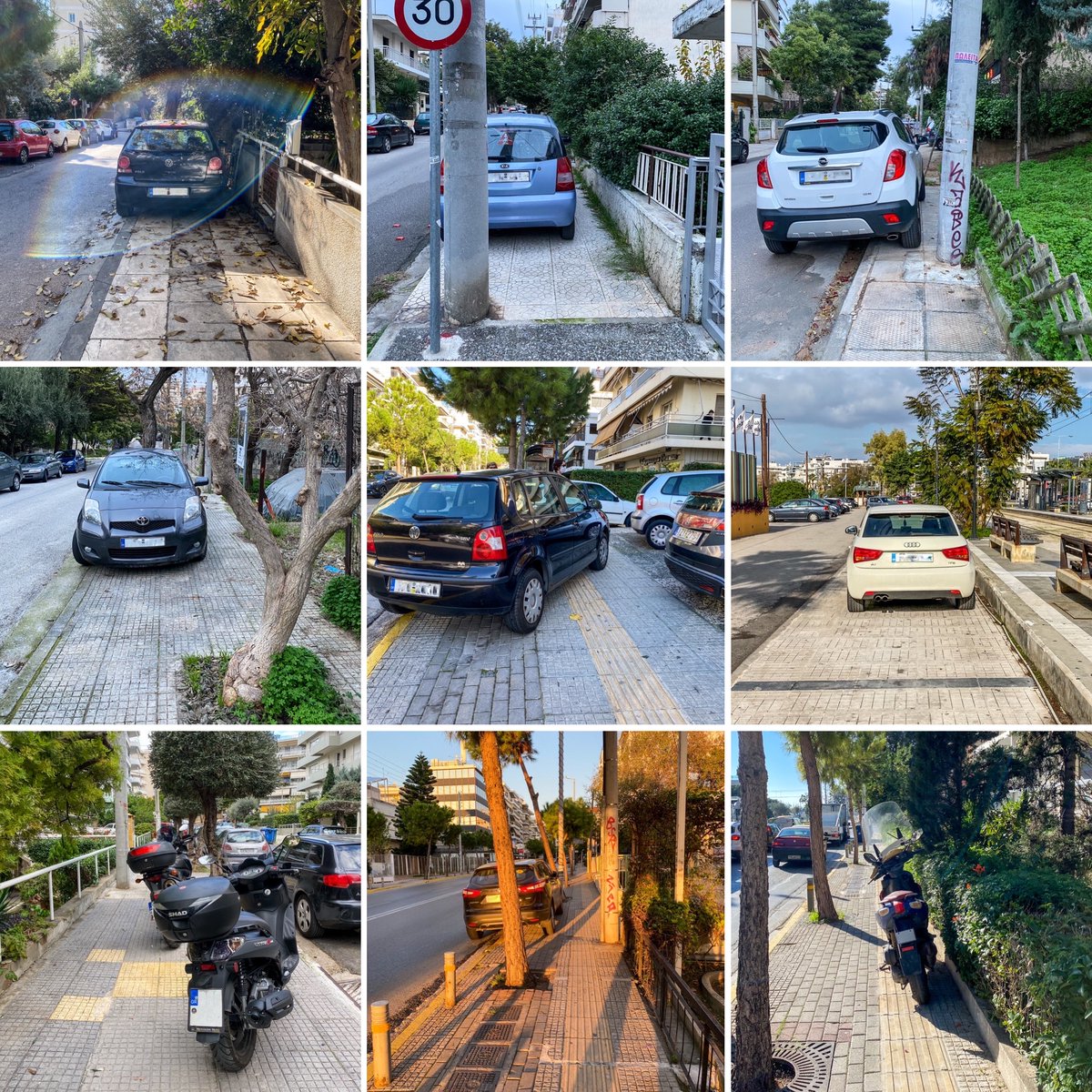
The next barrier is the trash can. The urban planner has often firmed its place on the sidewalk with this little insert. Good luck squeezing past these guys. 
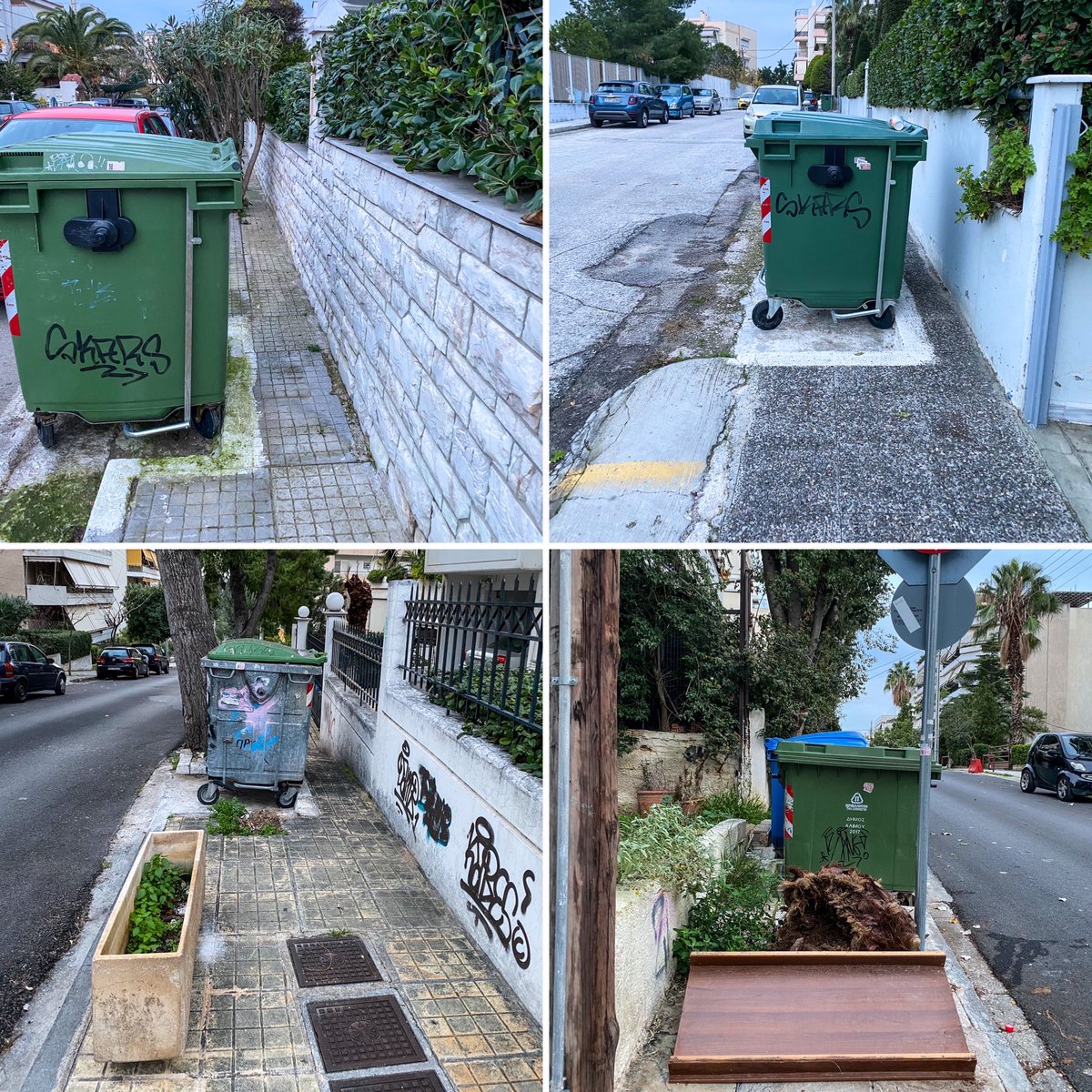
And, of course, these obstacles exist alongside others (e.g. trees, poles, etc.). Combined, they are a formidable barrier—like a poorly played game of Tetris. The committed pedestrian might pull off the slalom required, but most will simply walk on the street. Easier that way. 
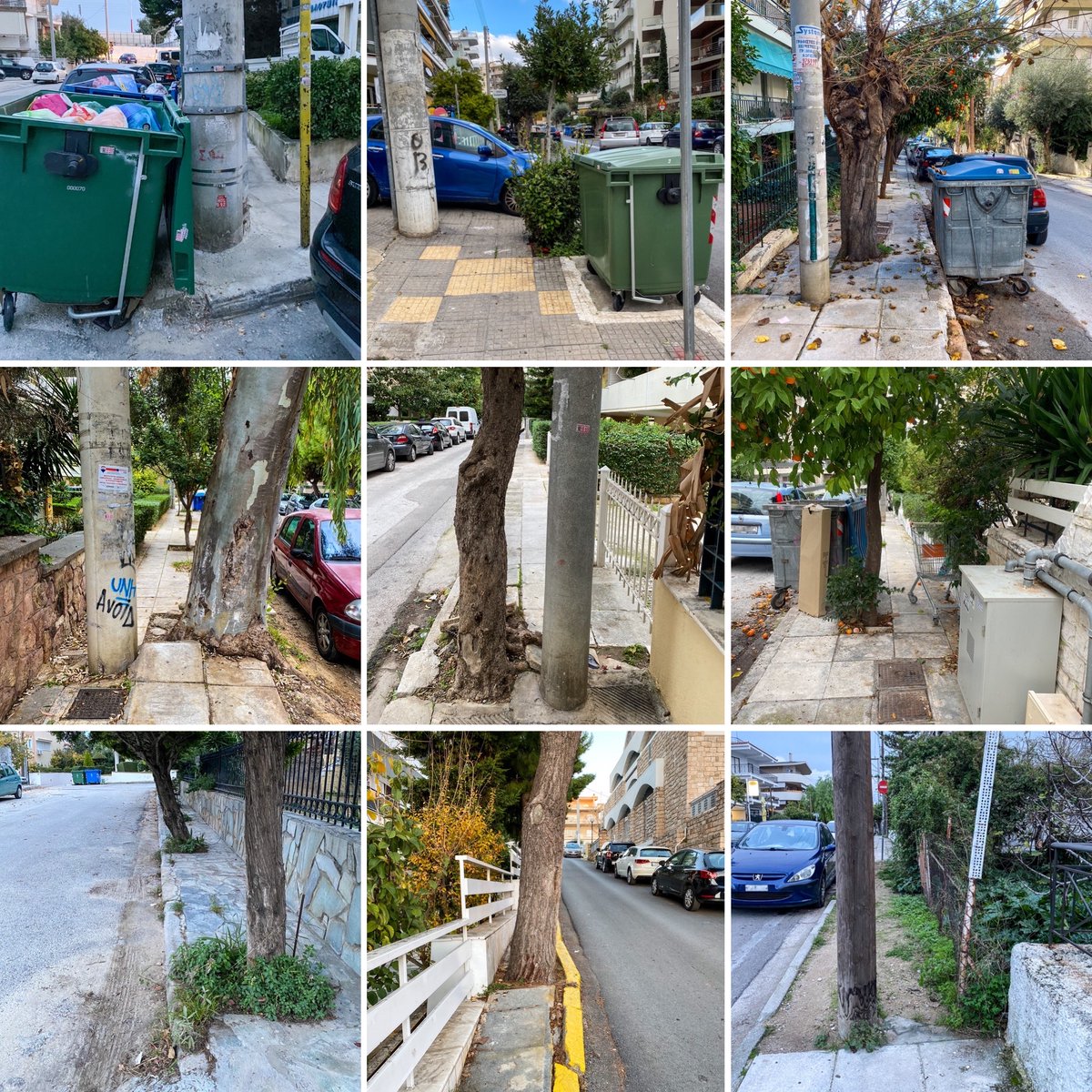
The indifference towards the pedestrian extends to every non-car user. I often saw bikers on the tram path—the only way to move seamlessly along the coast. Or they risked their lives to ride alongside cars. The bottom line is this: unless you’re in a car, get out of the way. 
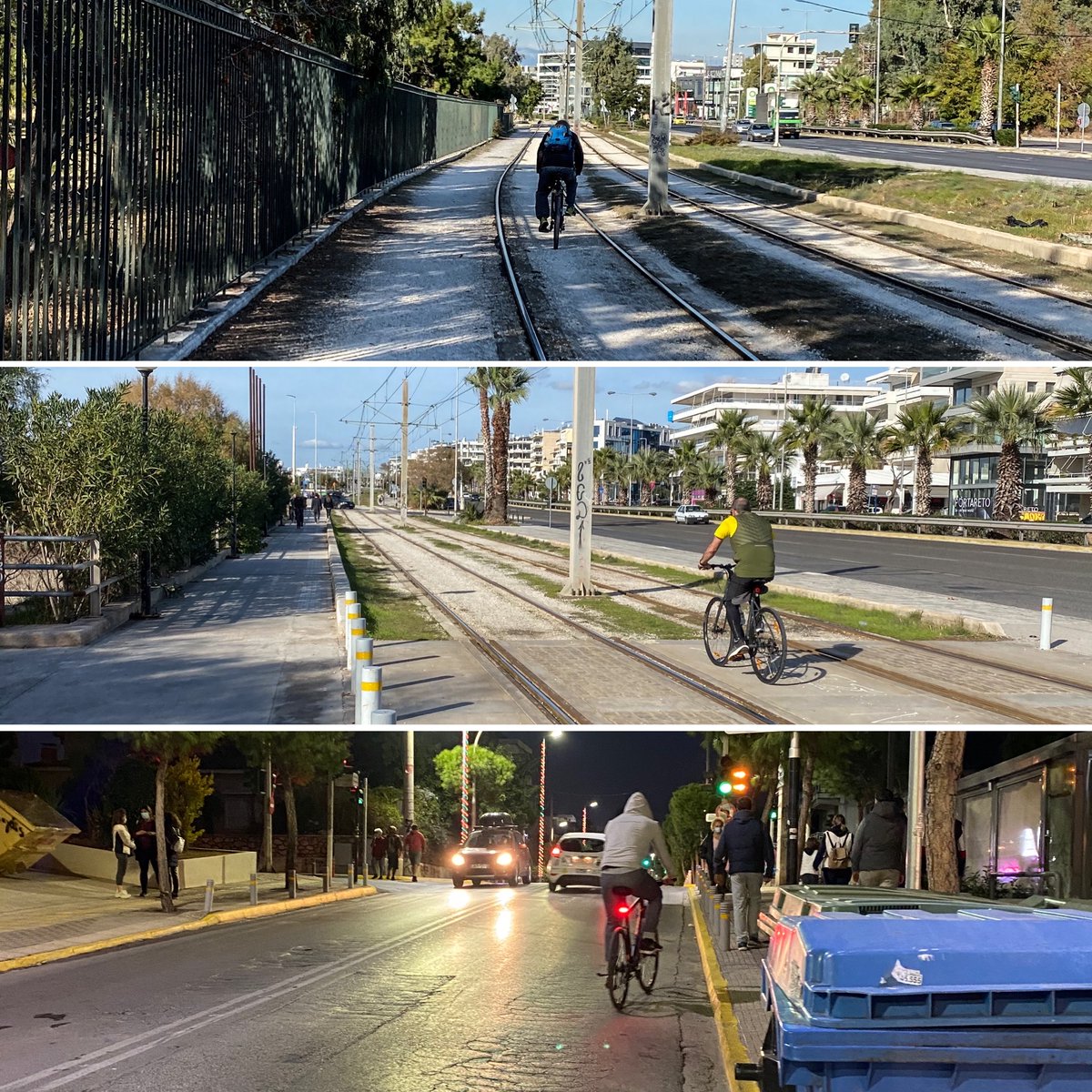
Speaking of bikes, here is the bike-sharing system for the municipality of Alimos: two stations and 20 docks, now in disrepair. The “gimmick” approach to urban planning—the token gesture to create a photo-op rather than a serious attempt to provide mobility services. 
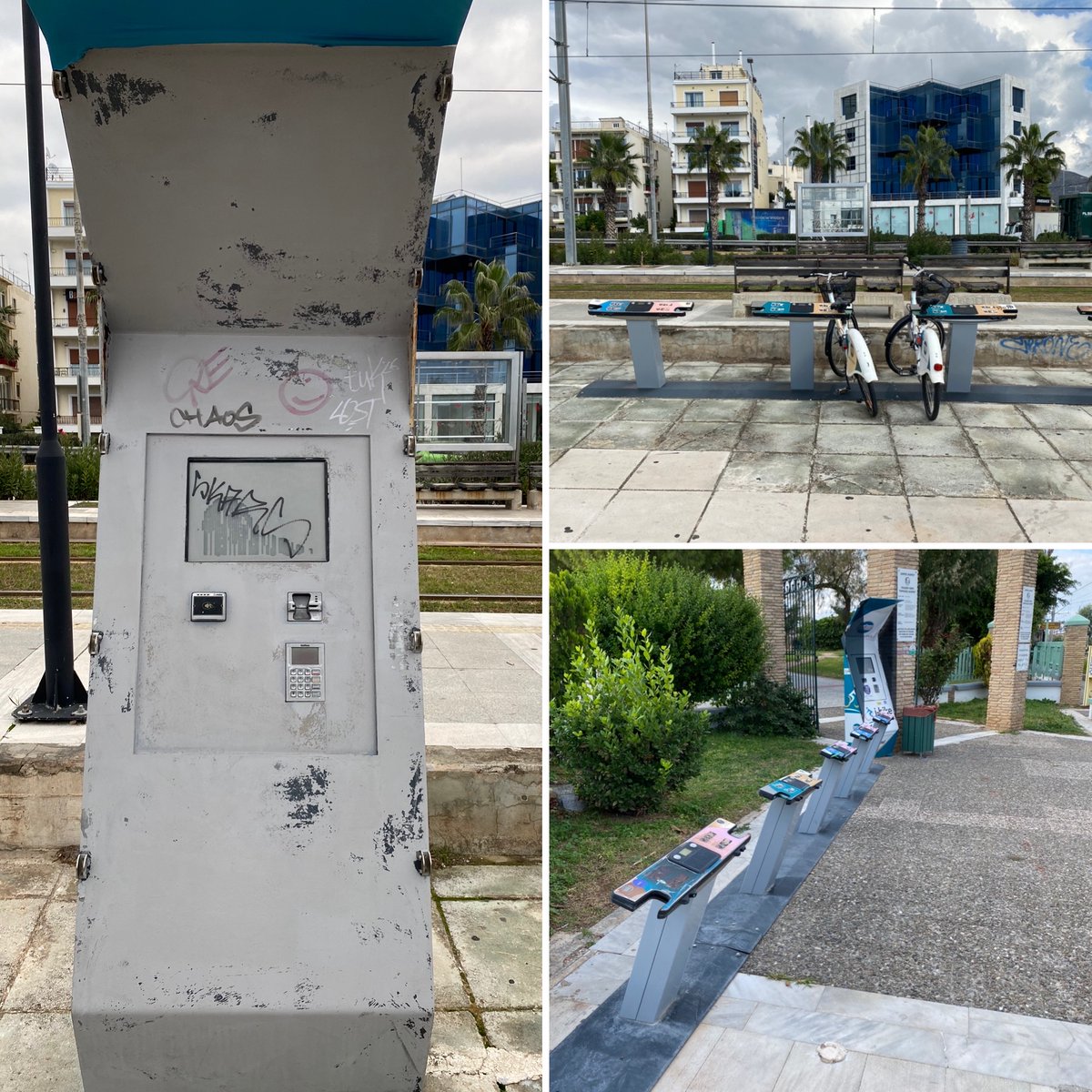
Final image from a bridge built to maximize traffic flow: city on the left, beach on the right. It took me years to see the absurdity in this design—six traffic lanes, two shoulder lanes, the tram, a tiny sidewalk, then parking. Cars over people, the city cut off from the water. 
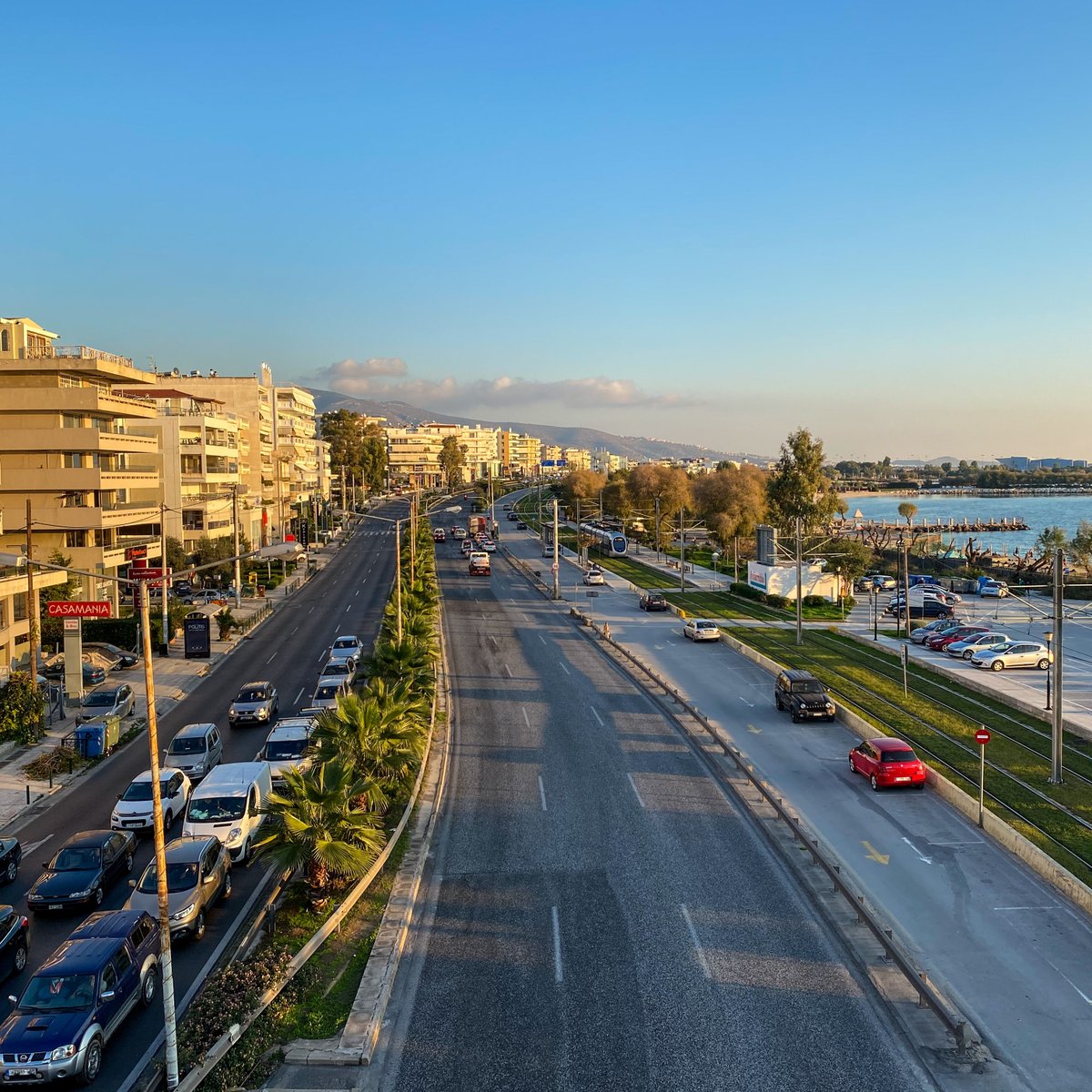
This is just a sample—and sure, there are exceptions. But walking in Greece is an activity: you “go on a walk,” but you don’t “walk somewhere.” There is little systematic effort to encourage walking (or running or biking). Even short distances take place by car.
We are in the process of reimagining our cities—with electric and autonomous vehicles, shared mobility, and mobility as a service. But don’t neglect the sidewalk. It’s simple, yes, but also essential, the basis for the healthiest, most sustainable mobility option of all—walking.
PS. Bonus entry: those brave enough to maneuver these sidewalks will, occasionally, be rewarded with some incredible art. 

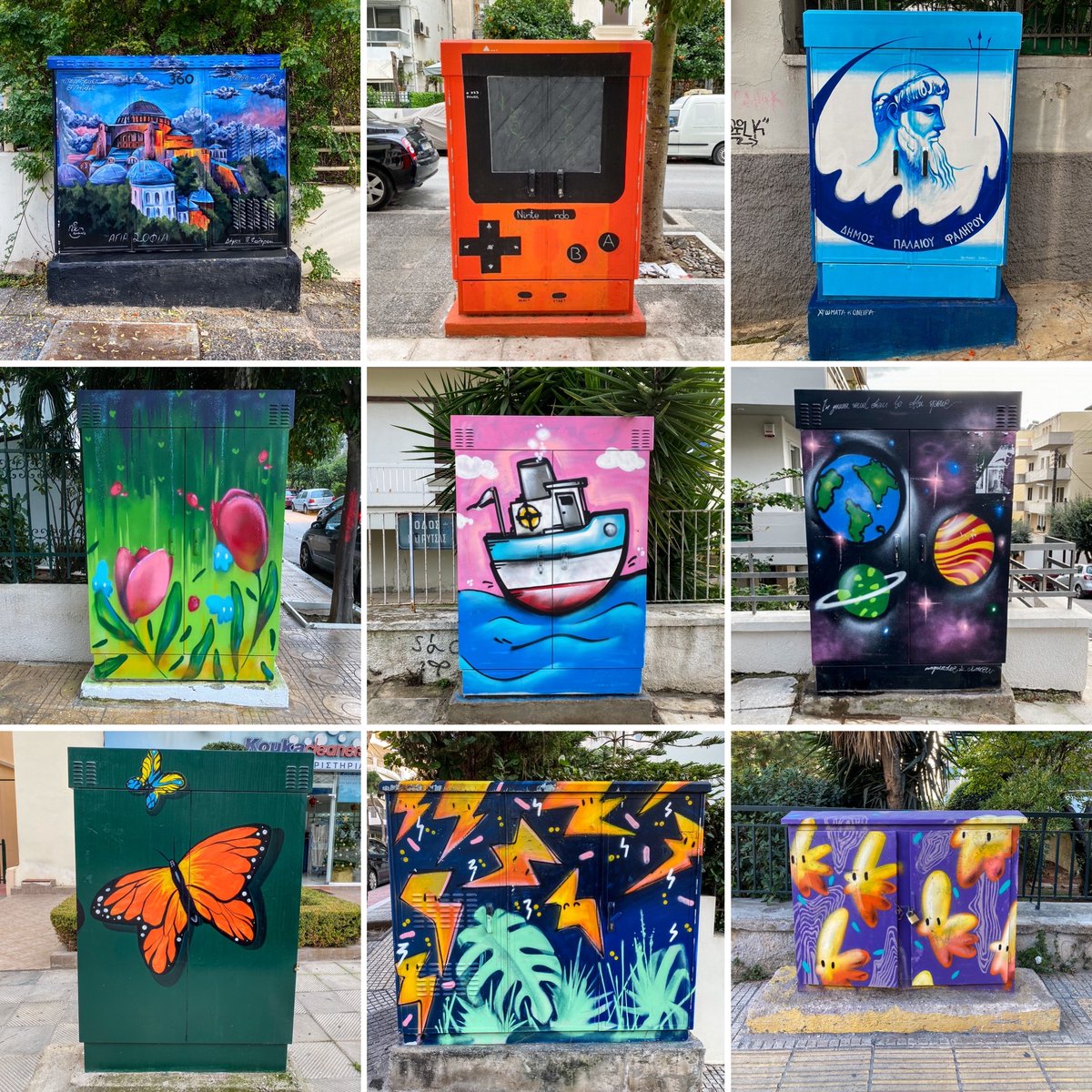

• • •
Missing some Tweet in this thread? You can try to
force a refresh




